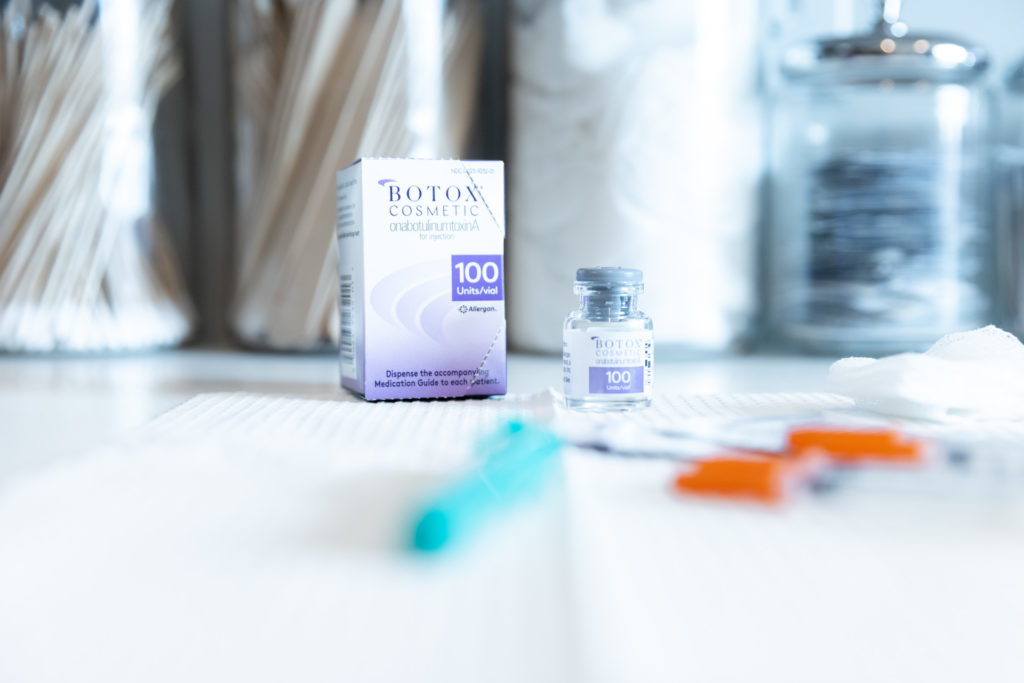
Botox can actually improve depression.
A new research study has brought to light the possibility of treating depression with the use of Botox. The study will be published in the upcoming Journal of Psychiatric Research. The men behind the study are Eric Finzi, a cosmetic dermatologist, and Norman Rosenthal, a professor of psychiatry at Georgetown Medical School. Their study involved a group of 74 patients with major depression who received either Botox injections or a placebo, in the form of saline injections, to the forehead. The goal was to “freeze” the muscles whose contraction makes it possible to frown.
About six weeks after the treatments Finzi and Rosenthal found that 52% of the patients who received Botox treatments saw relief from depression, while only 15% of the patients who received the saline placebo felt relief. Other studies have been held over the past several years, and they too have found similar effects of Botox on a person’s mood. Michael Lewis at Cardiff University found in his own study that patients who are nondepressed and received Botox above the eyes frown less, and generally feel better than those who do not receive Botox injections. Another study done by M.Axel Wollmer from the University of Basel found that Botox was superior to a placebo in a group of depressed patients.
These studies stem from the idea that facial expressions may feed information into our brains and thus influence our feelings, challenging the long-held belief that the brain sent information to our bodies that determined our emotions. This goes back to a theory of emotion that was proposed by Charles Darwin. Darwin believed that the control of expressions causes a similar effect on subjective emotions, where the brain examines facial expressions and then creates the appropriate feeling; if you’re smiling your brain sends a signal that you’re happy, and when you’re frowning your brain sends a signal that you’re sad.
In summary, if you can’t frown, it can actually help you feel better.
For more information, visit this article from the New York Times, by Richard A. Friedman.




